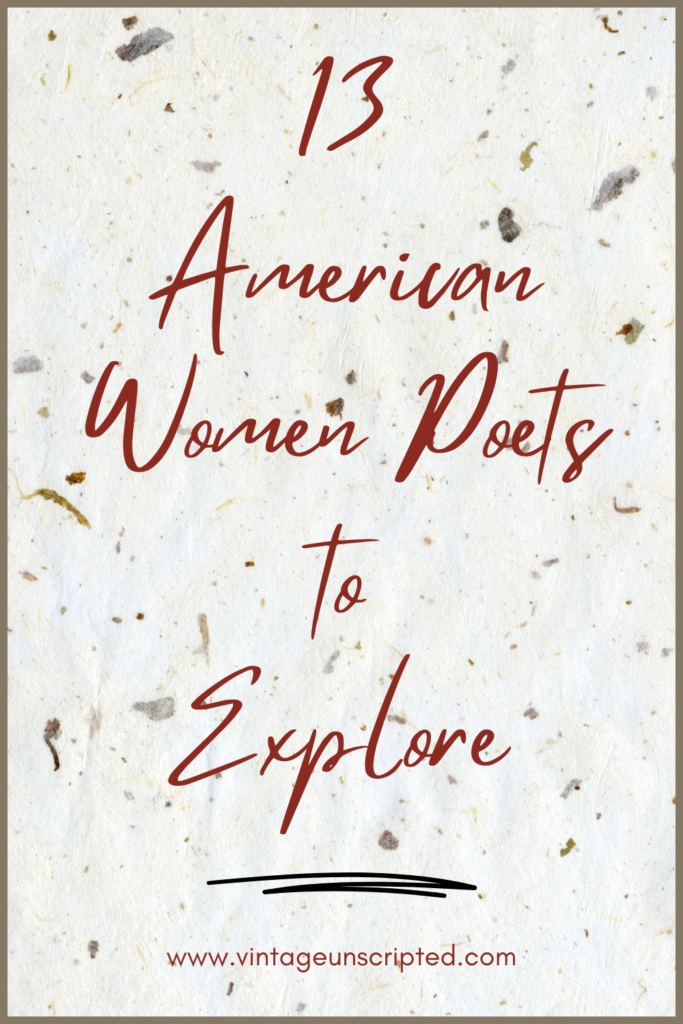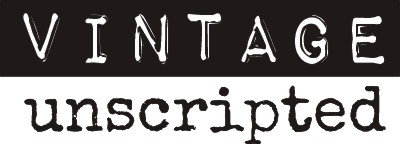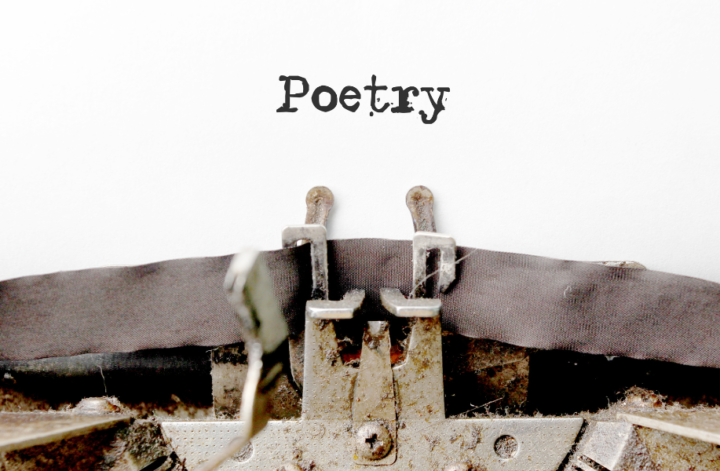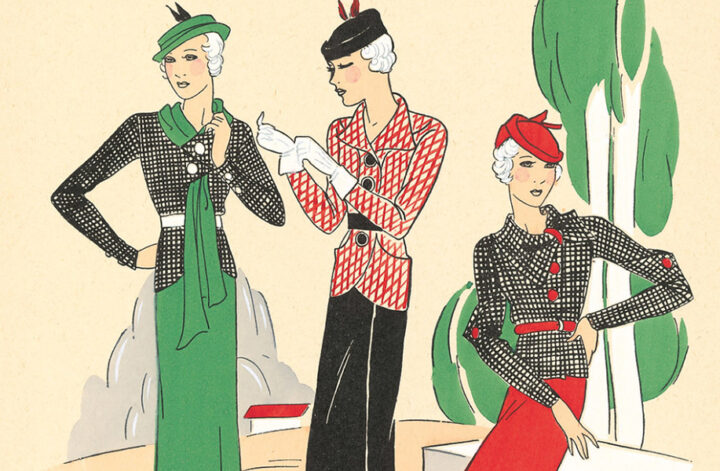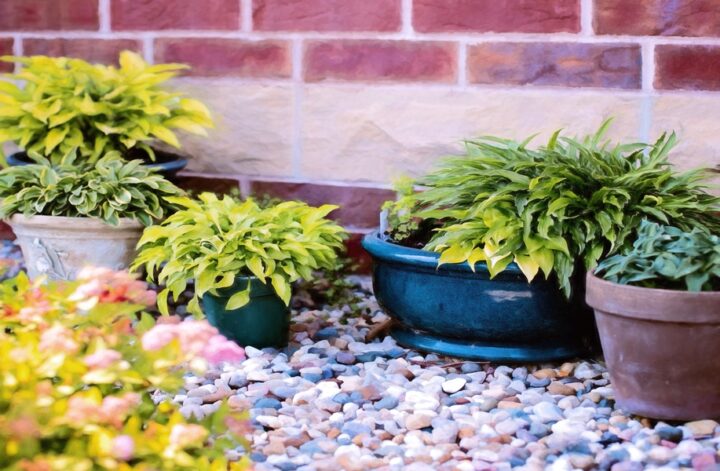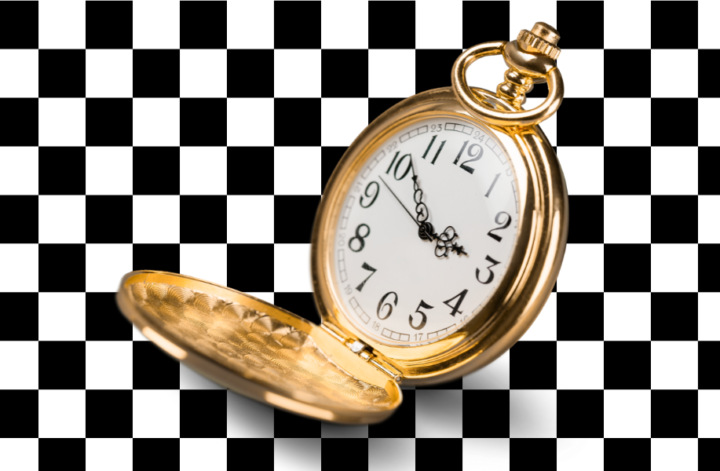We have poetry by women and women poets on the brain today, not for any particular reason. We’ve been thinking about them for a couple months, but today feels like a good day to have a post about women poets and their works. There are hundreds to choose from. But a blog post can’t cover hundreds, so we picked 13 women poets to highlight. No particular reason we picked 13. It just seemed like a lucky number. And they’re arranged by birthdate, not by the ones we like bestest.
Emily Dickinson 1830-1886
The Belle of Amherst, MA, it’s hard to imagine that she published only ten poems during her lifetime. We have her sister Lavinia to thank for being able to appreciate the volume of her work. Lavinia became obsessed with having the poems published, and we shall be forever grateful.
Dickinson was known for her lyricism and keen insights. She explored deep themes of the human experience–love, death, nature and the self–and was fond of unconventional syntax, punctuation and capitalization.
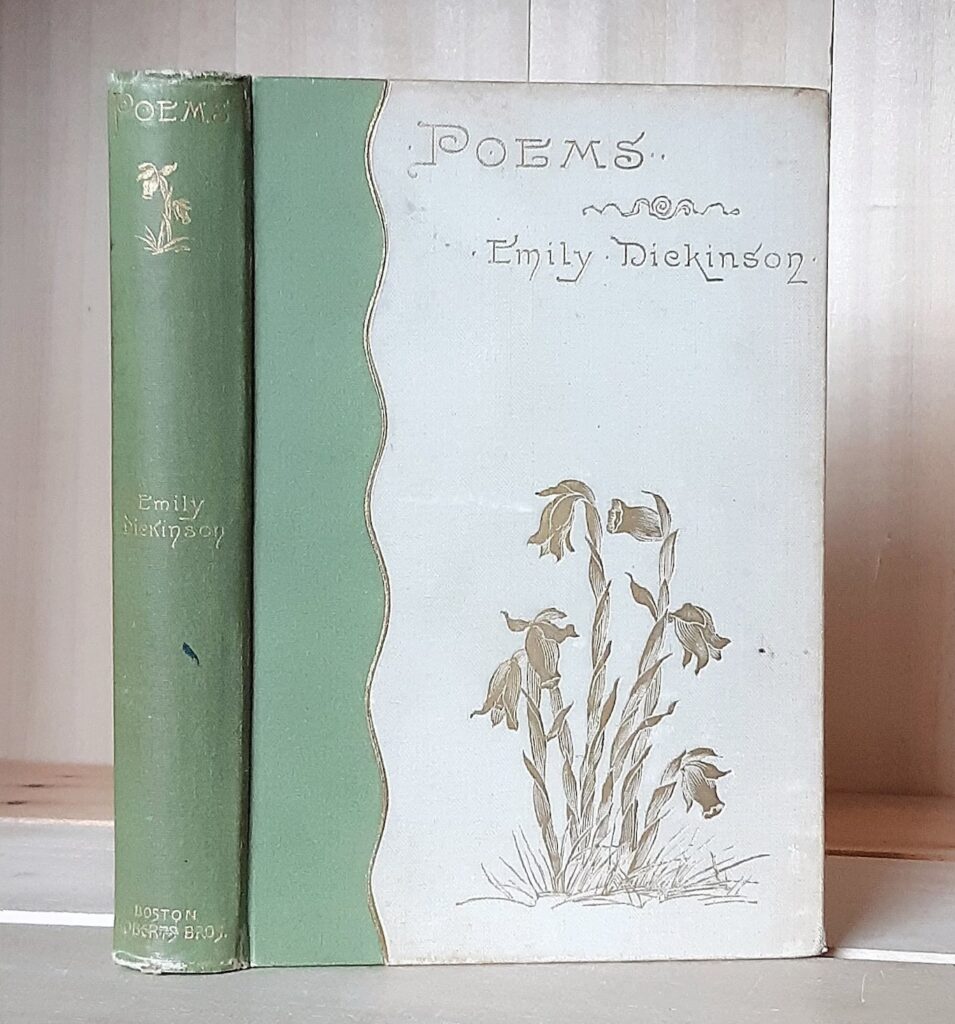
H.D. 1886-1961
Hilda Doolittle was a modernist poet, beginning as one of the original Imagist poets. She explored themes of identity, gender, mythology, the human condition, feminism, nature and the supernatural. Combining complexity with lyrical beauty, her timeless themes continue to resonate with readers.
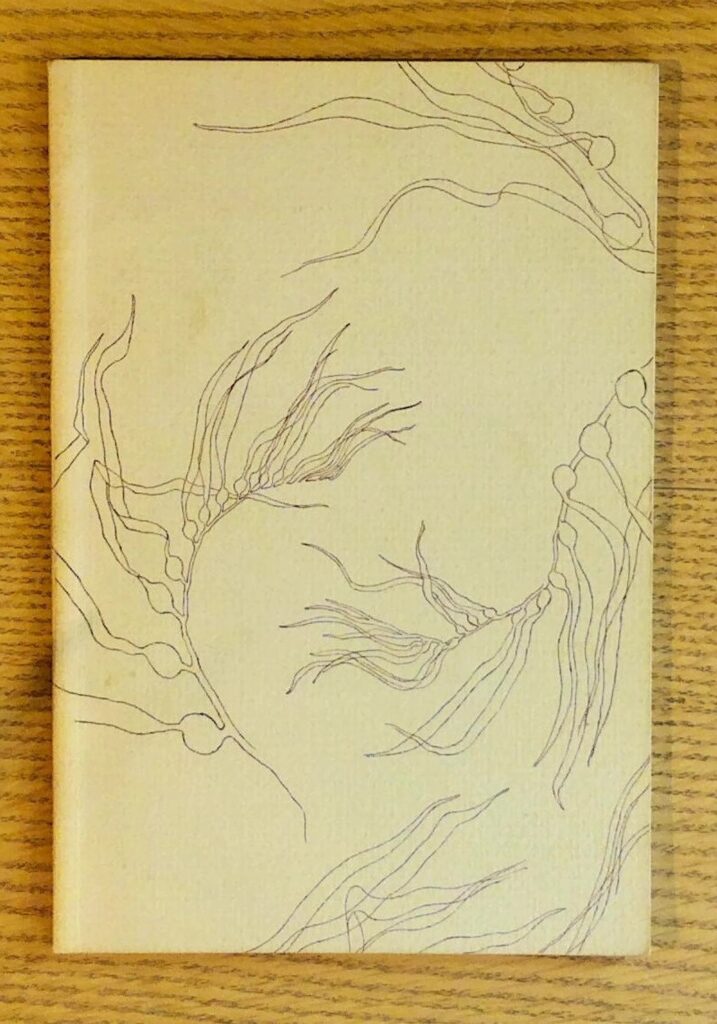
Marianne Moore 1887-1972
Marianne Moore was a precise poet; precise in her imagery and precise in the formal structure of her poems. She drew inspiration from plants, animals and the environment as well as the complexities of modern life. Her sharp wit combined with vivid imagery and and imaginative language makes her poetry both traditional and innovative.
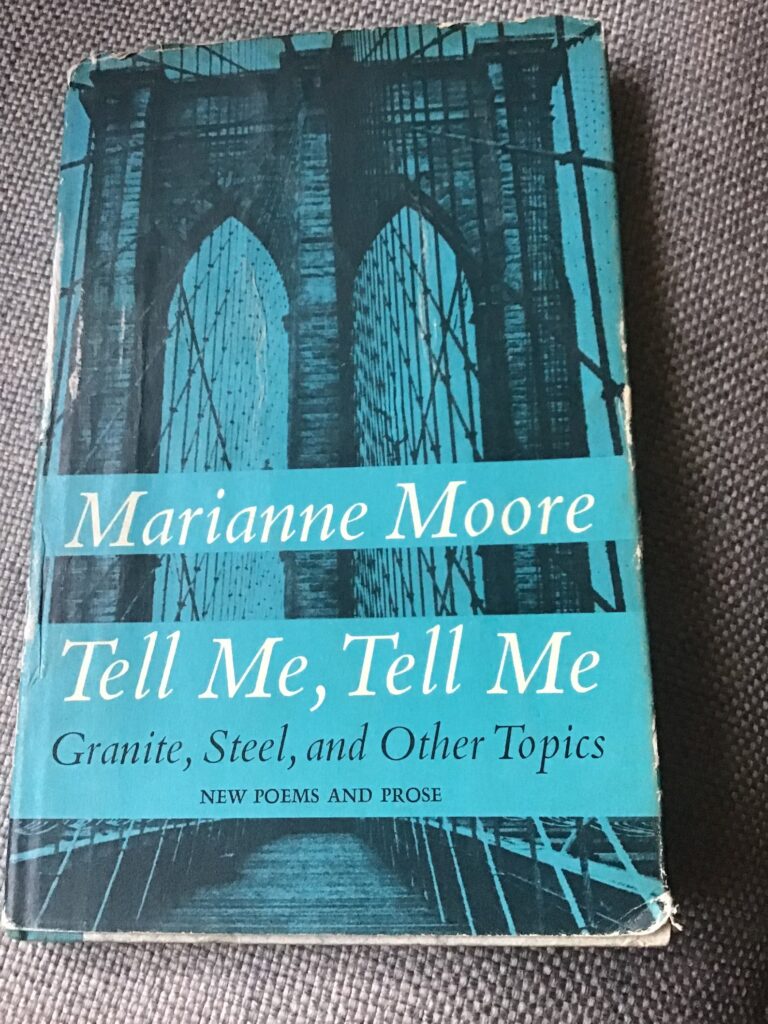
Dorothy Parker 1893-1967
Poet, writer and satirist Dorothy Parker was one of the founders of the Algonquin Round Table, a group of writers known for their wit and wordplay. Her work is infused with humor, sometimes light and sometimes dark. She often explored themes such as love, relationships, and the complexities of modern life.
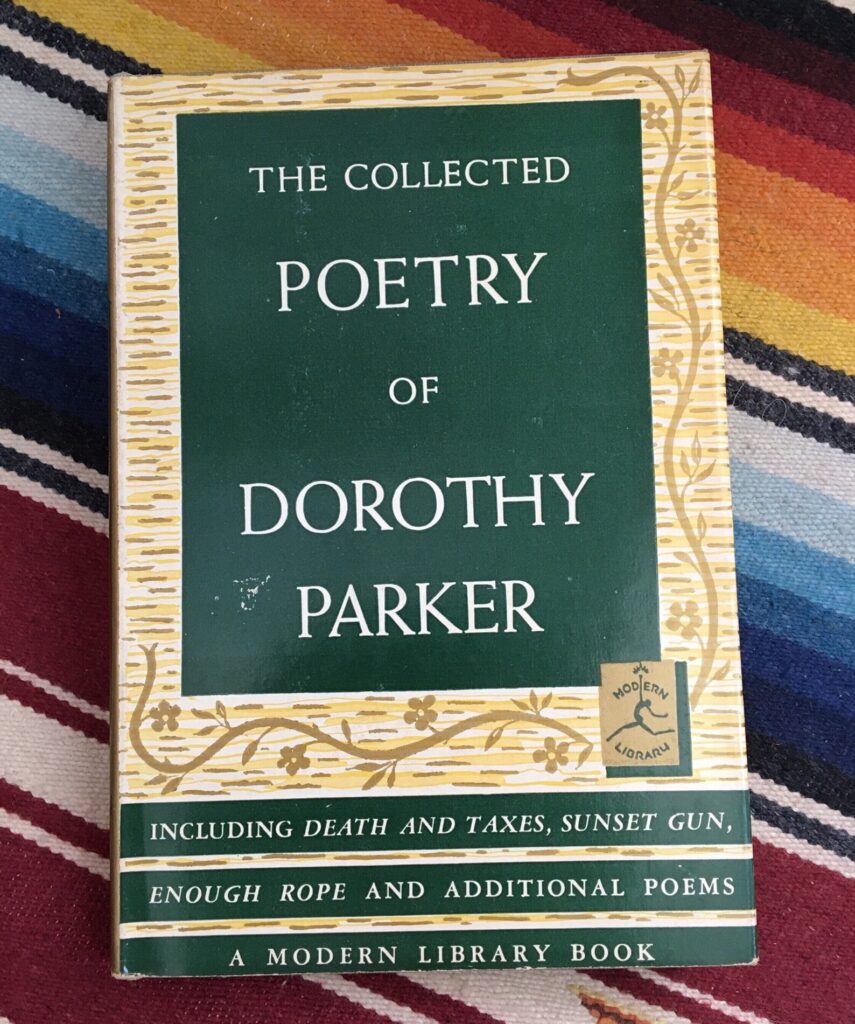
Gwendolyn Brooks 1917-2000
Raised on the south side of Chicago, Gwendolyn Brooks was known for her unwavering commitment to telling the stories of African Americans, particularly those in urban settings. Her early works were traditional sonnets and ballads, while her later poems tended to be free verse. She was the first Black American to win a Pulitzer Prize, awarded in 1950 for her collection Annie Allen. She was also U.S. Poet Laureate from 1985-86.
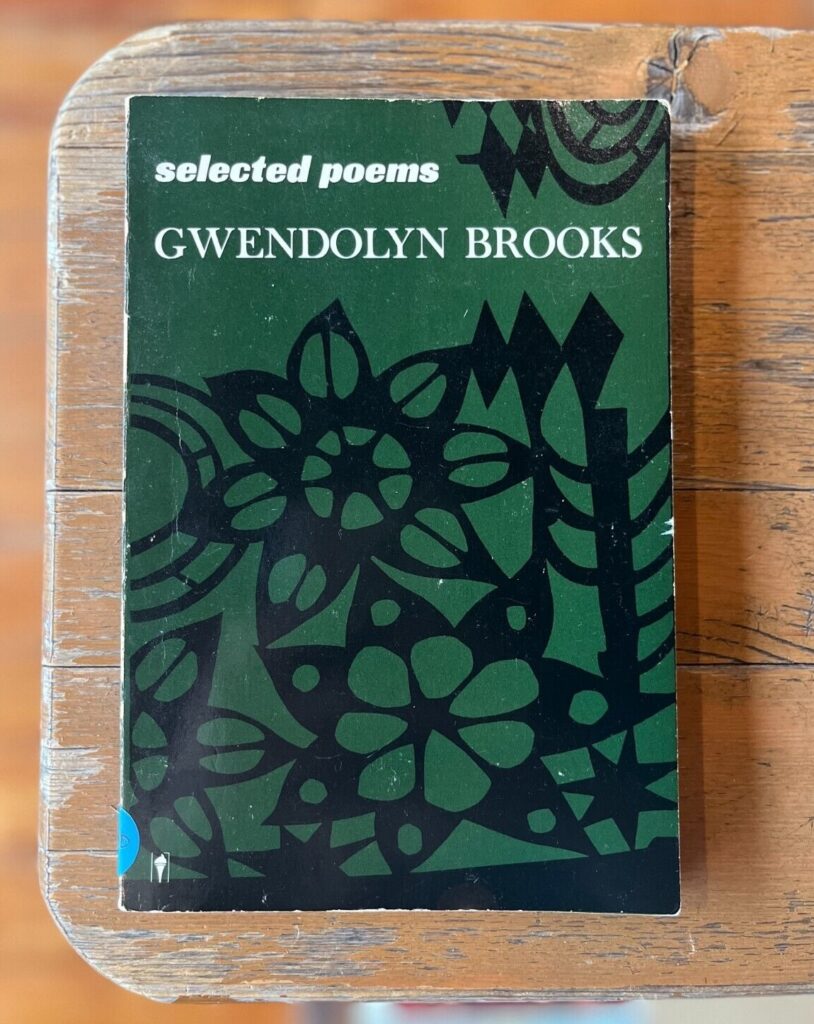
Maya Angelou 1928 – 2014
As a memoirist and poet, Maya Angelou chronicled her life and experiences including her time as a civil rights activist. Although better known for her autobiographies, she was also a prolific poet who explored many poetic forms, imbibing them with the same powerful imagery as her prose works. She wrote about growing up in the segregated south, sexism, racism, and empowerment. Often called the black women’s poet laureate, she recited her poem On the Pulse of Morning at President Bill Clinton’s inaguration.
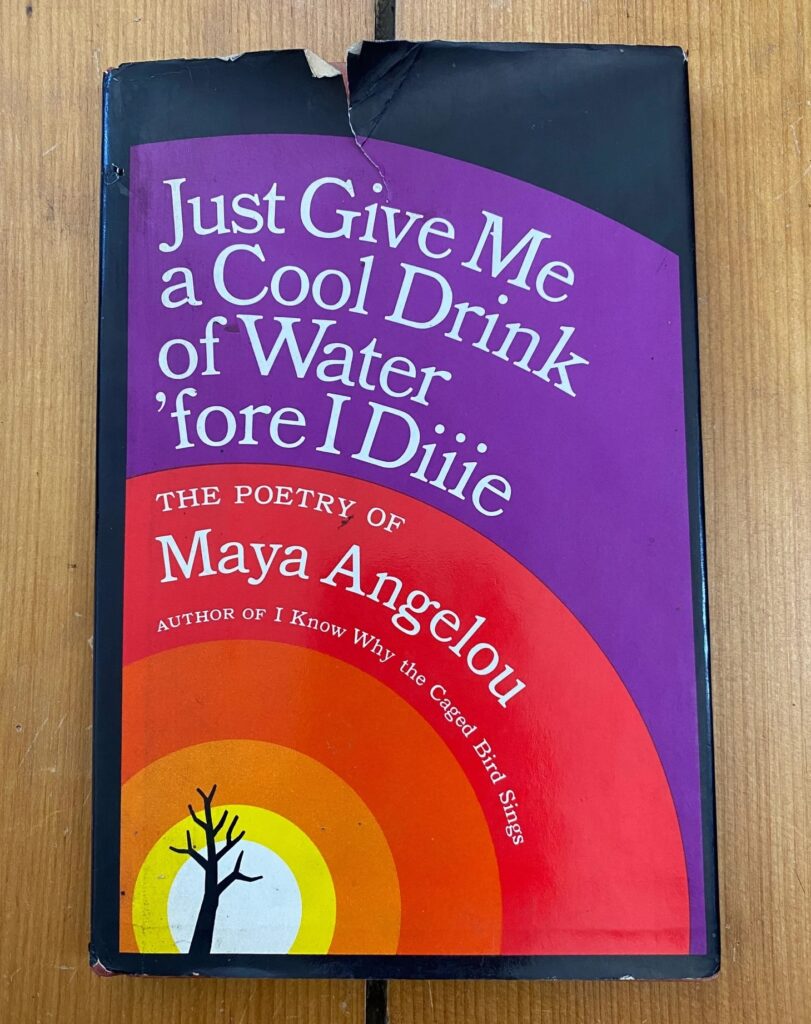
Anne Sexton 1928 – 1974
Among the most honored of American poets, Anne Sexton began writing poetry at the suggestion of the therapist who was treating her for bipolar disorder. Known as part of the confessional poetry movement, she wrote raw, vivid and honest poetry about her own experiences, often writing about taboo subjects of her time like mental illness, sexuality and troubled family relationships. She won a Pulitzer Prize for Live or Die in 1966.
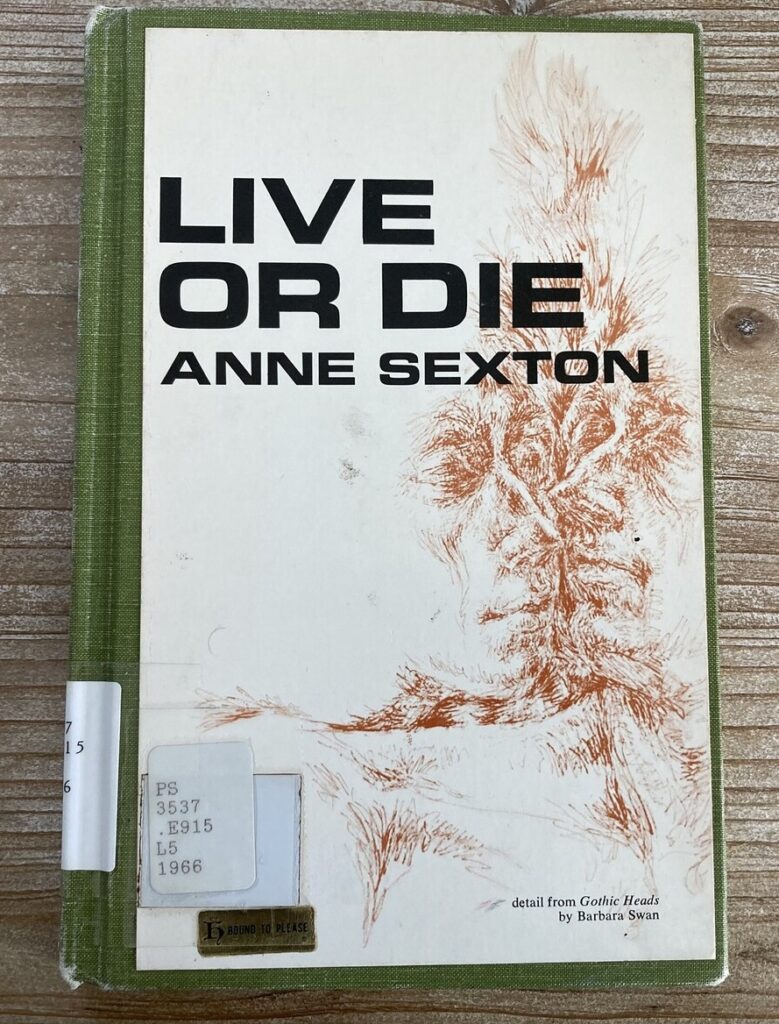
Sylvia Plath 1932-1963
Sylvia Plath, a contemporary and friend of Anne Sexton, was also a confessional poet. Her poems are infused with her experiences with depression, difficult relationships, societal expectations and gender roles. On note is her use of metaphor and symbolism to craft deeply personal and often darkly introspective poems. Although she was published during her lifetime, her most resonating works were published posthumously.
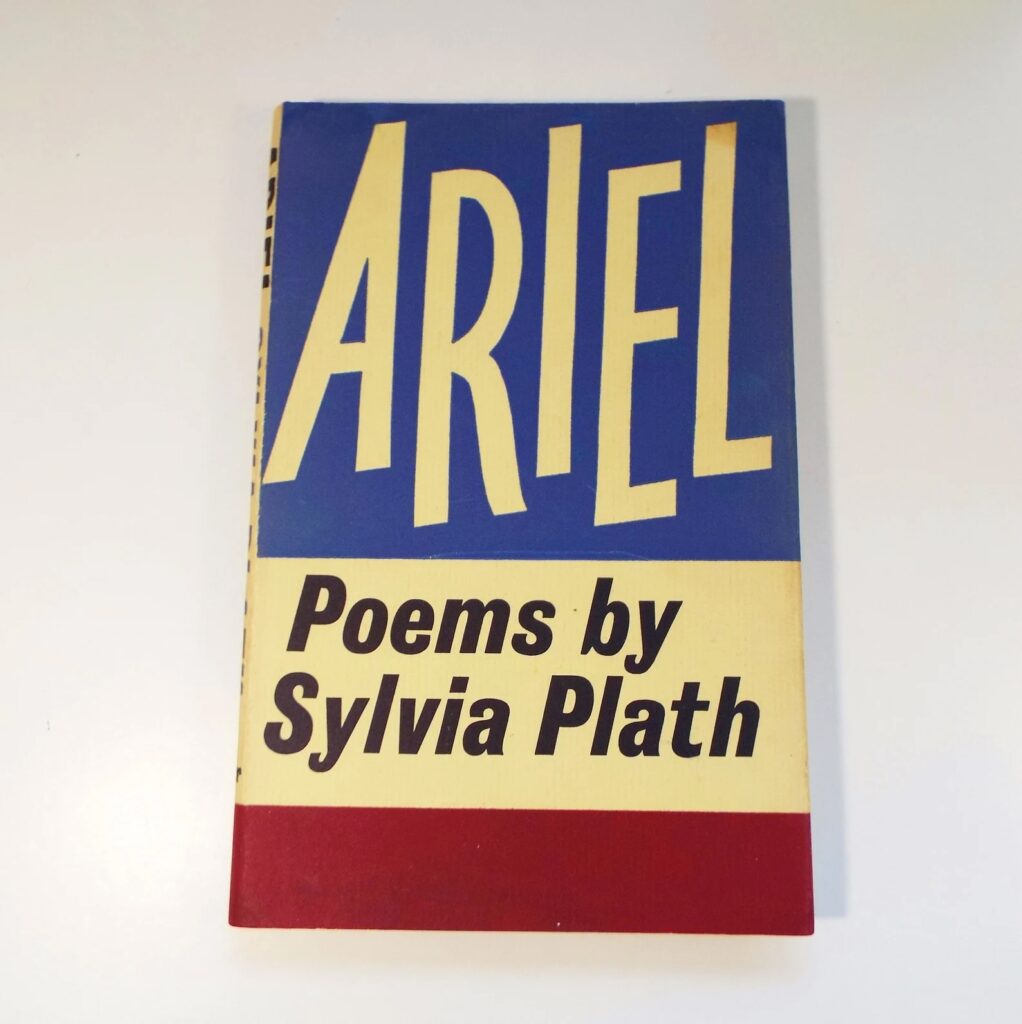
Mary Oliver 1935-2019
Deep reverence for the natural world characterizes Mary Oliver’s poetry, which can evoke a sense of wonder and introspection in readers. Frequent themes include solitude, spirituality and the interconnectedness of all living things. Written largely in free verse, her language is spare, but carries heavy impact for readers. She won both the National Book Award (1992) and a Pulitzer Prize (1984).
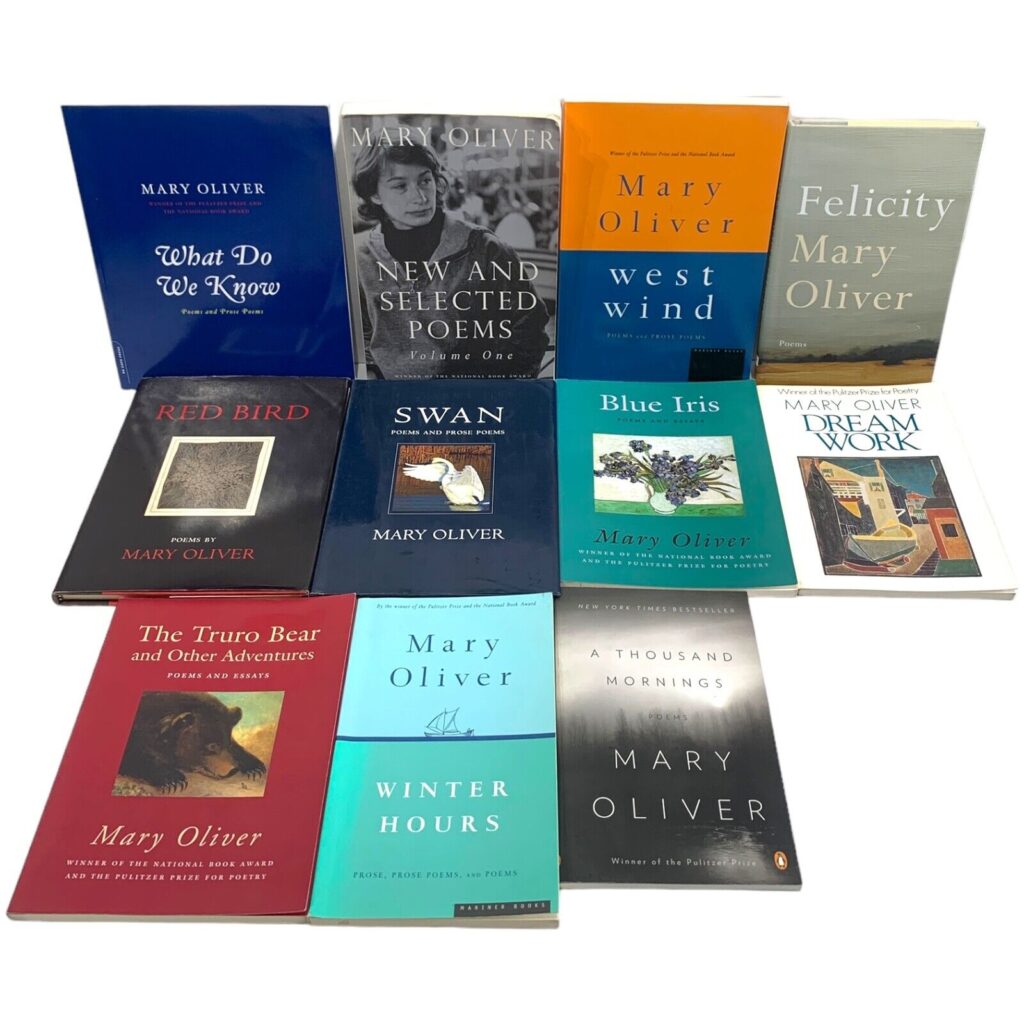
Marilyn Hacker 1942-
Blending themes of love, sexuality, social issues, political issues, and issues of identity, Marilyn Hacker often uses traditional poetic forms like sonnets while expressing contemporary subjects and an modern sensibility. Her work often touches on her experiences both as a Jewish woman and as a member of the LGBTQ+ community.
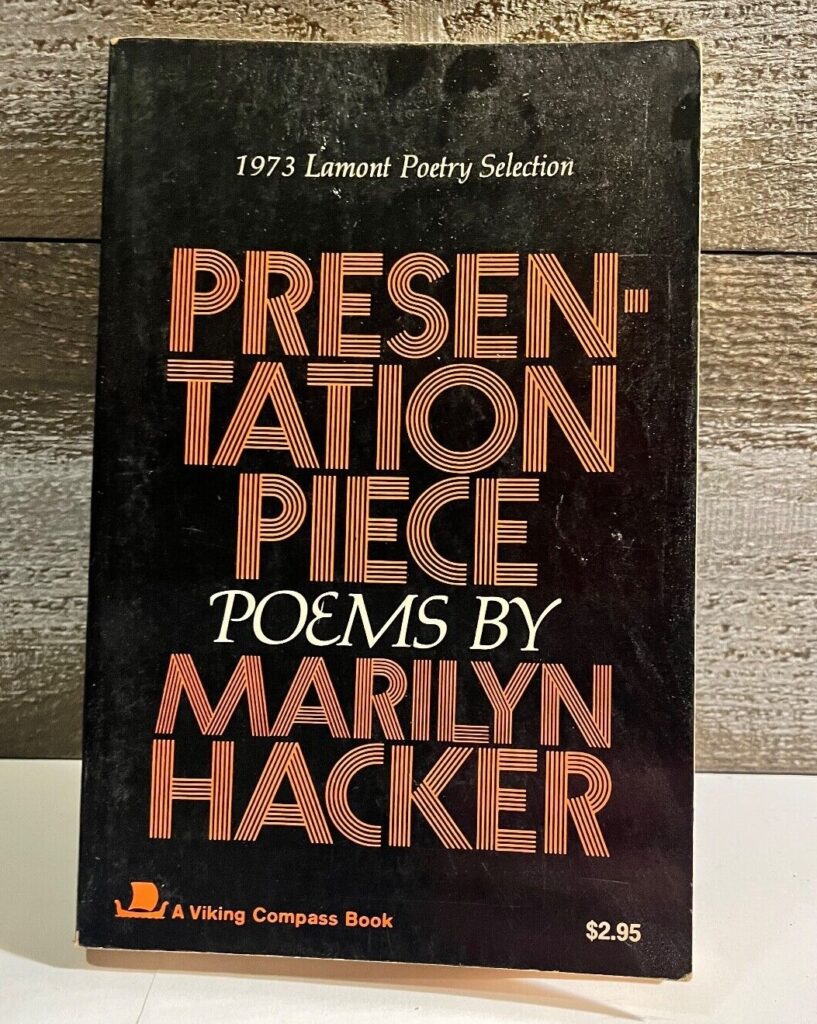
Sharon Olds 1942-
Sharon Olds’s poetry is known for its emotional authenticity, lyricism and unflinching looks at being human. She touches on family dynamics, sexuality, love, loss, and the human body in a voice that is both personal and universal. Unafraid of taboo subjects, Olds’s work can be cathartic and provocative. She was awarded a Pulitzer (2013) among a long list of awards that is dazzling.
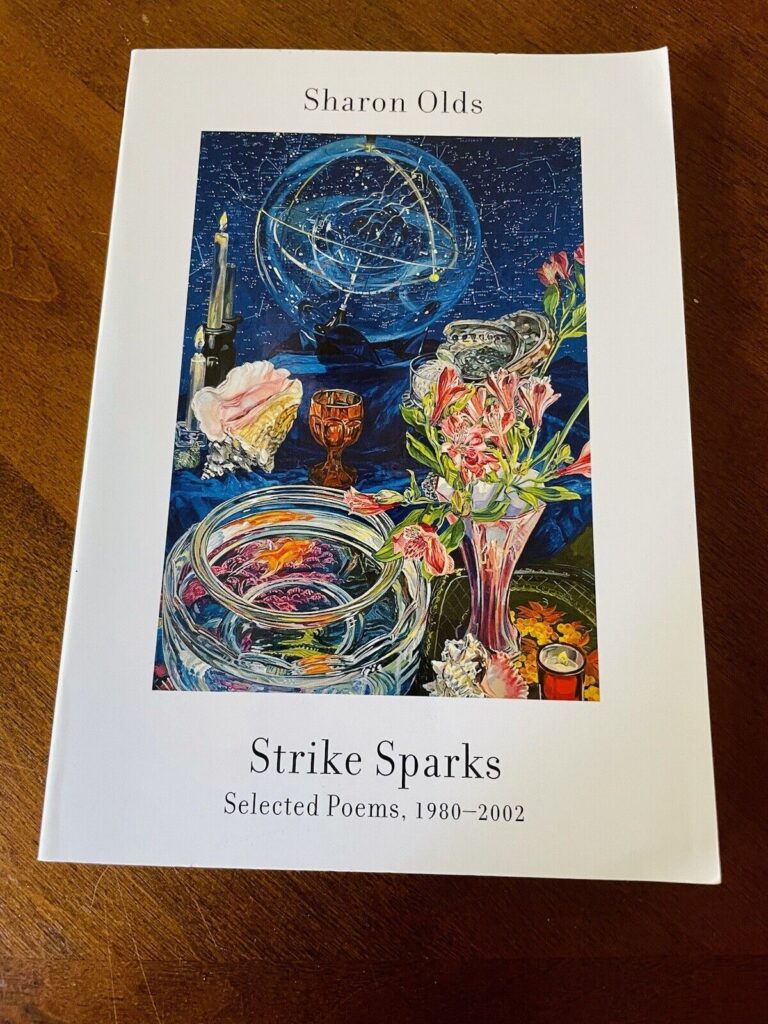
Louise Glück 1943-2023
Winner of a Pulitzer (1993), National Book Award (2014) and Nobel Prize (2020), Louise Glück was also the US Poet Laureate (2003-2004). Her poetry is relatable and relevant, often focused on love, loss, identity and the passage of time. She manages to have a personal yet universal voice when writing about family and romantic relationships, but she also touches on mythological and historical themes.
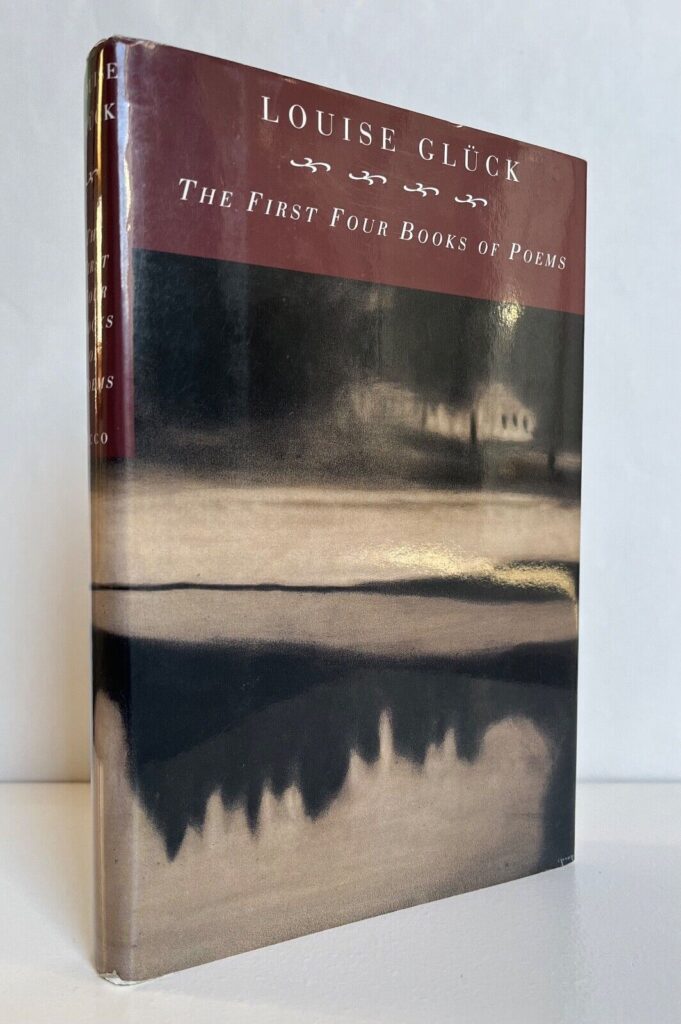
Jane Kenyon (1947-1995)
Life on a New Hampshire farm with her spouse poet Donald Hall is the catalyst for many of Jane Kenyon’s works. Themes of natural beauty, everyday struggles and quiet introspection infuse her work. The ins and outs of her depression was also a common theme. Though her life was cut short by leukemia at age 47, her work continues to find and resonate with new readers.
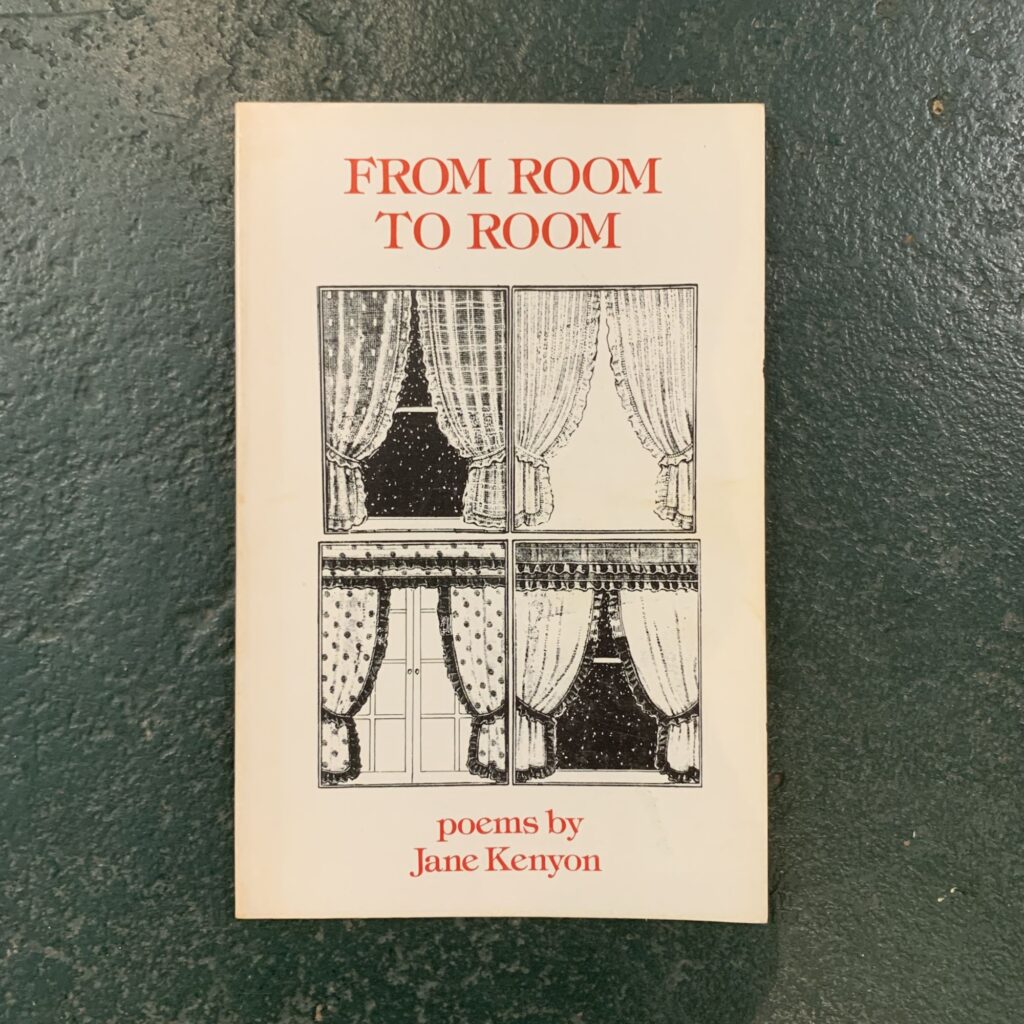
That’s a sky high flyover survey of 13 American women poets, all of whom deserve more than a paragraph. I encourage you to both read works by these women and also read about these women. They all had lives that drove their need to write poetry, and some of those lives were indeed tortured.
The list of PBS’ List of 100 Women Poets to Read Now published on the Poetry Book Society website served as a starting place for this post.
